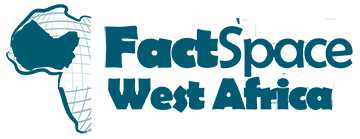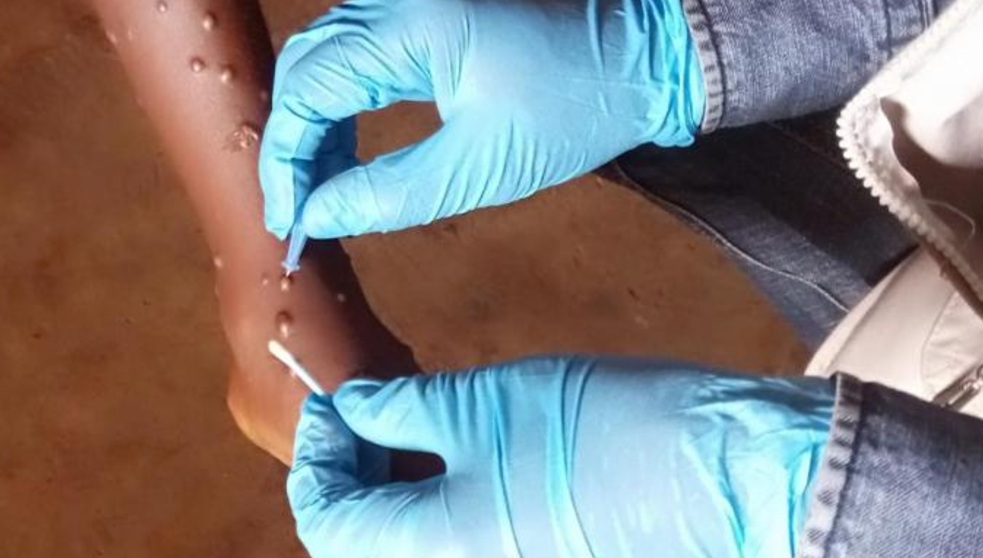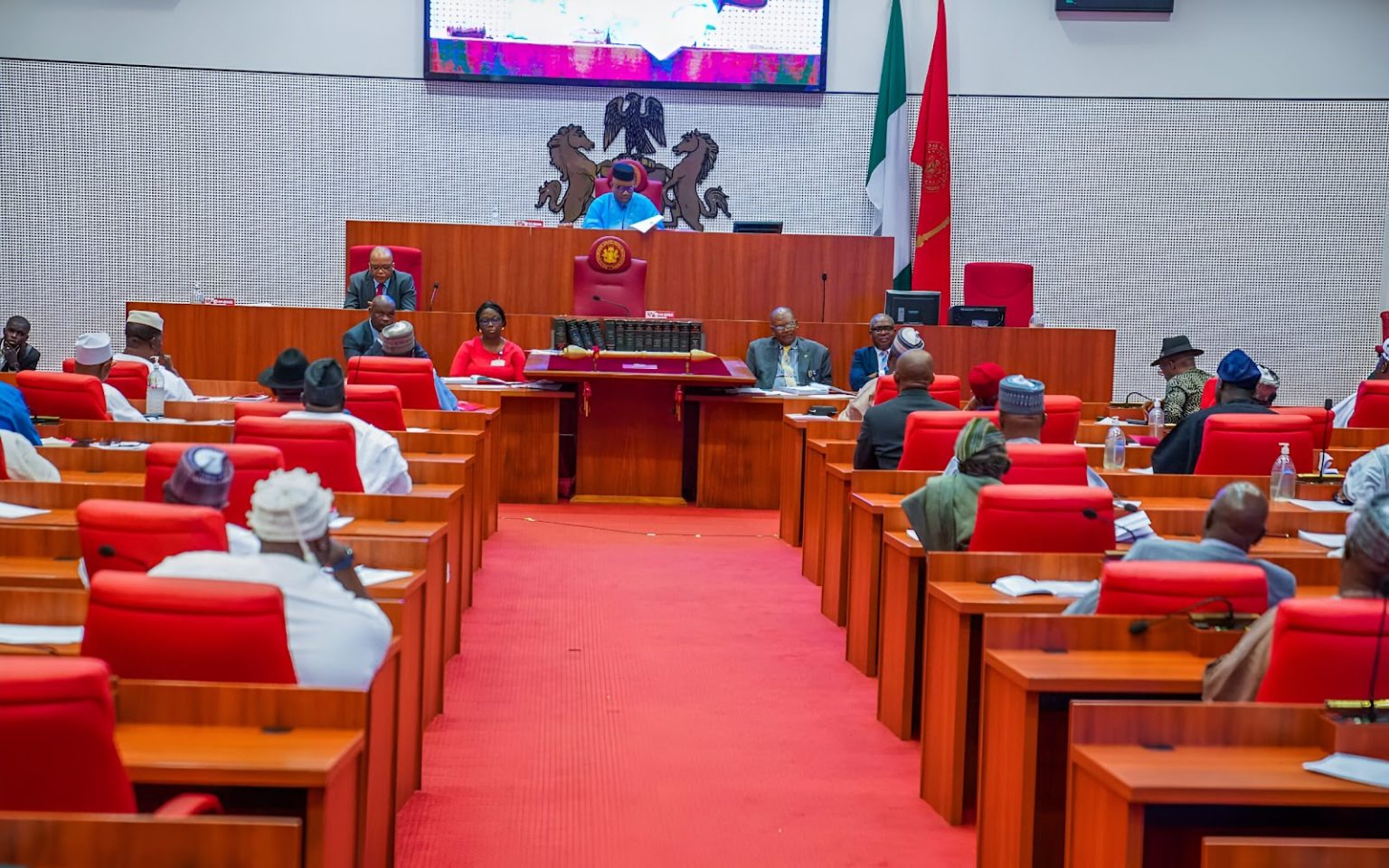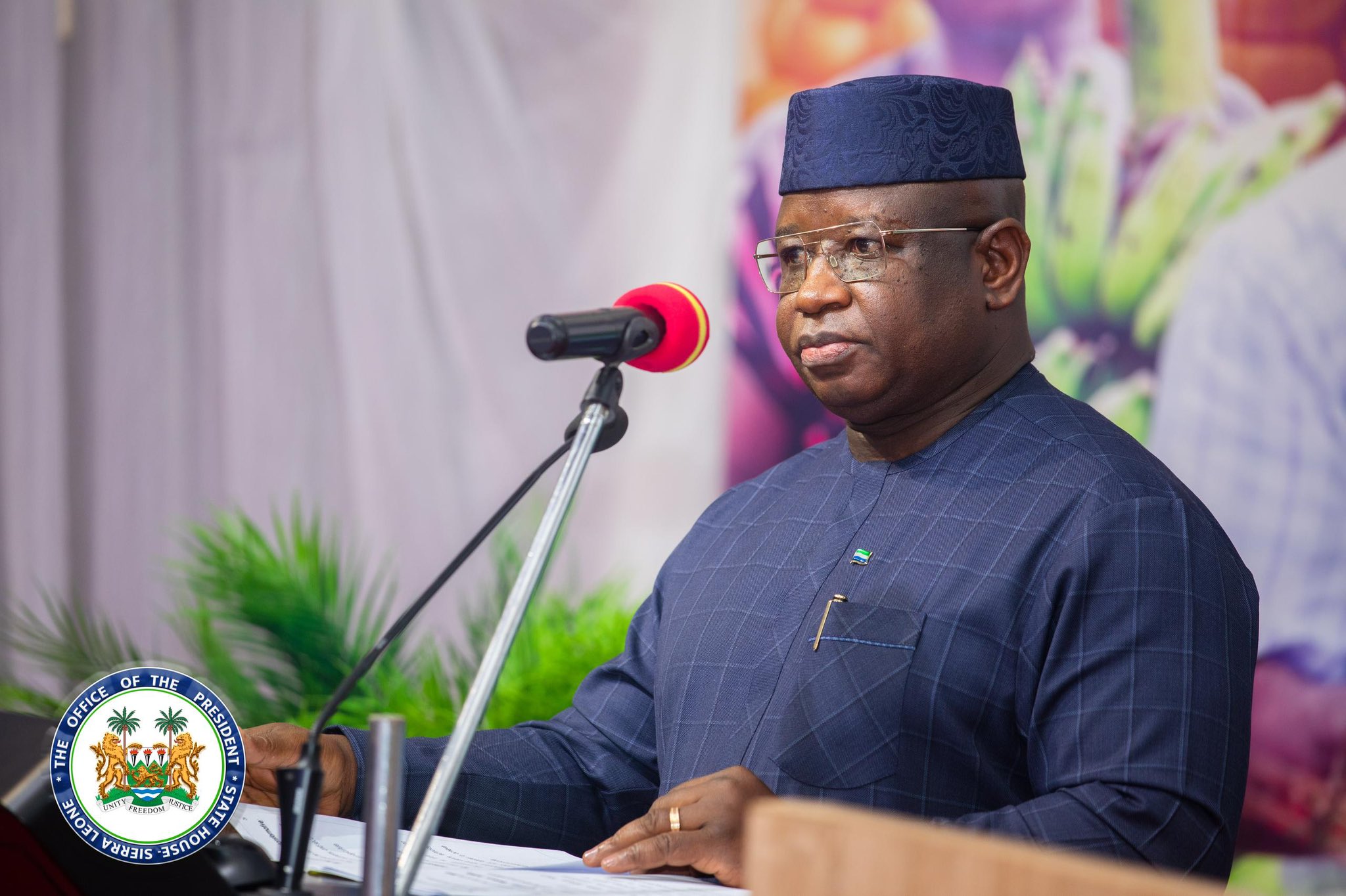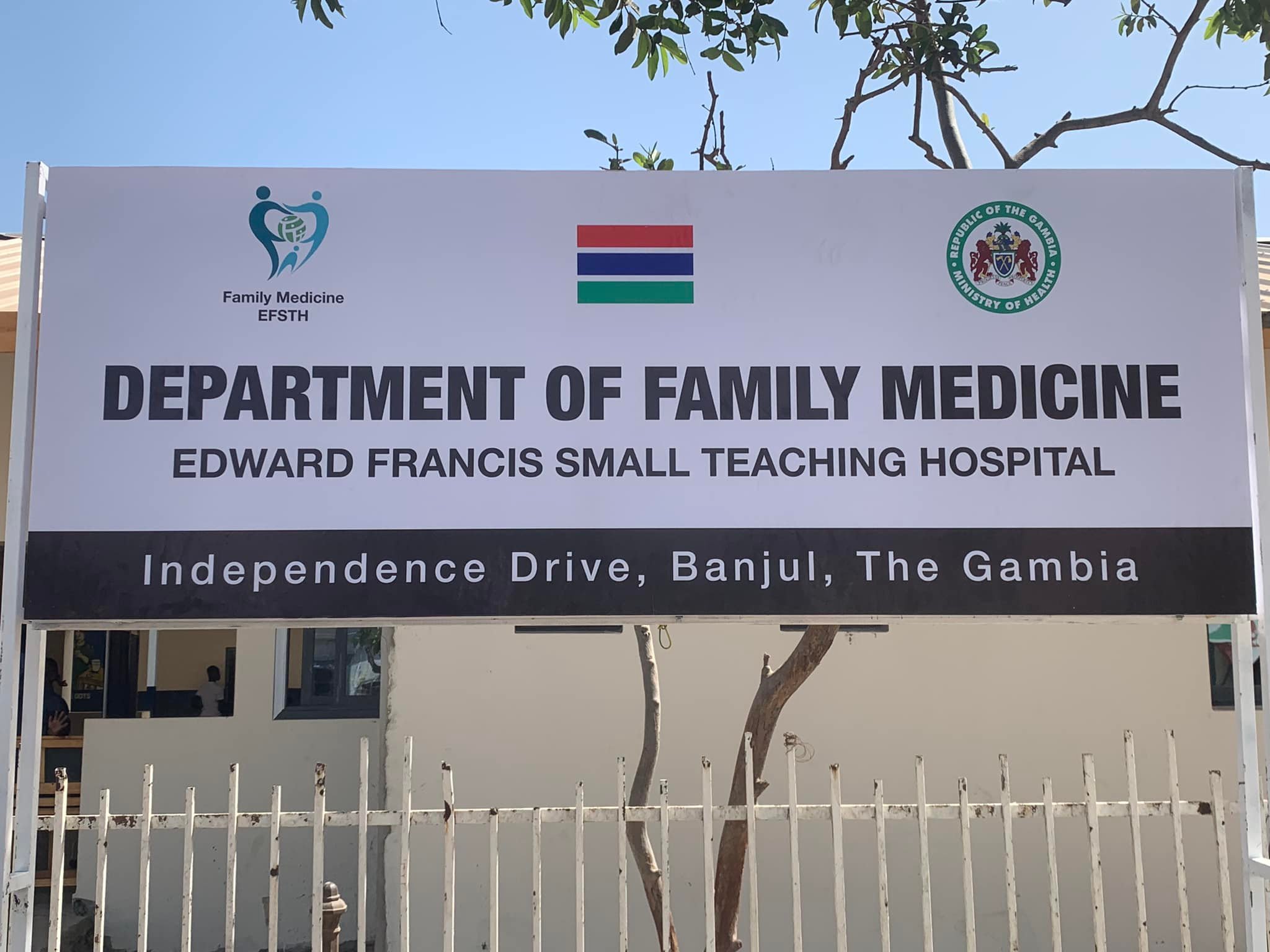The World Health Organization (WHO) on August 14, 2024, declared Mpox (formerly known as Monkeypox) as a global health emergency calling for a concerted effort to contain the latest outbreak, which was at the time, localised to several African countries.
WHO classified Mpox as a public health emergency of international concern (PHEIC) under the International Health Regulations (2005) (IHR).
At the time of the declaration, the bulk of confirmed cases were in the Democratic Republic of Congo (DRC) from where the disease is believed to have spread to neighbouring Uganda, Rwanda, Kenya and Burundi. Some Western and Southern African countries including Ivory Coast and South Africa had also reported cases.
According to the WHO, since January 1, 2022, cases of mpox have been reported to WHO from 123 Member States across all 6 WHO regions including the United States of America, Brazil, Spain, the Democratic Republic of the Congo, France, Colombia, Mexico, The United Kingdom, Peru, and Germany which has contributed to 79.9% of the cases recorded globally.
As of August 31, 2024, the World Health Organisation has confirmed 106,310 cases of Mpox, and 234 confirmed deaths from 123 countries.
 Fig: Screenshot of Mpox situation worldwide by the World Health Organisation
Fig: Screenshot of Mpox situation worldwide by the World Health Organisation
In this piece, FactSpace West Africa looks at measures that some countries in the West African region and some Sahel Spillover Regions have formally announced.
Nigeria received Vaccines
Two weeks after the WHO declaration of a PHEIC, Nigeria became the first country in Africa to receive Mpox vaccines on August 27. The WHO Africa Region in a press release stated: “Nigeria today received 10 000 doses of mpox vaccines, becoming the first country in the African region to receive doses to respond to the outbreak of the viral disease…”
The vaccines “are set to be rolled out in five states with the highest burden of mpox cases. They will be administered in a two-dose schedule to 5,000 people most at risk of mpox, including close contacts of mpox cases and frontline healthcare workers, with a provision for reactive vaccination in other states as the need arises,” Nigeria’s Health Minister, Muhammad Ali Pate said while highlighting the safety and efficacy of the vaccine.
Sierra Leone – Surveillance activated
In Sierra Leone, the government announced that it had initiated preventive measures to guard against the spread of Mpox within the country, even though no case has been confirmed.
According to an August 14 report by the AYV News portal, the measures are to be spearheaded through the National Public Health Agency (NPHA) and the Ministry of Health (MOH).
“In response to the potential threat, the government has rolled out several key initiatives aimed at bolstering surveillance, fostering community engagement, enhancing healthcare preparedness, and strengthening regional cooperation. These measures are designed to ensure the rapid identification and containment of any suspected Mpox cases,” the report added.
The Gambia – Surveillance activated
The Gambia through the Ministry of Health issued a statement dated August 15 confirming that the country had not recorded an mpox case while spelling out four critical measures to combat any outbreak.
Portions of the statement read: “Considering these developments, the Ministry of Health of the Gambia wishes to assure the public that there is no need for panic. The Ministry of Health is vigilant and has already strengthened the national surveillance system to promptly detect and respond to any potential cases of Mpox.”
The four steps to help combat the disease were listed as: “Enhanced surveillance, cross border collaboration, public awareness campaigns and preparedness and response plan.”
Liberia – Five cases confirmed
Liberia as of September 12, 2024, had confirmed five cases of Mpox according to the National Public Health Institute of Liberia (NPHIL).
A report by the Front Page Africa portal confirmed the three new cases that took the total tally to five citing a statement released by NPHIL Director General, Dr. Dougbeh Chris Nyan. The three new cases were reported from Lofa, Sinoe, and River Gee Counties.
The new cases came on the back of the recent launch of the National Incident Management System (IMS) at NPHIL’s headquarters, to mobilize resources and coordinate the national response to the outbreak.
“Evidently, the current epidemiological trend of Mpox in Liberia, its pending biomolecular characterization, and existing guidelines equate this Mpox dynamic to an outbreak,” the statement said. “Thus, the NPHIL is in collaboration with the Ministry of Health and International Partners as we proactively mount the response aimed at preventing the spread of the Monkeypox virus in the population,” it added.
Ghana – Surveillance activated
In the case of Ghana, authorities on August 19, dismissed a report that four cases of Mpox had been recorded.
Dr. Franklin Asiedu-Bekoe, the Director in charge of Public Health under the Ghana Health Service (GHS) told the state-run Graphic Online that Ghana had not recorded cases contrary to references from published ECOWAS data.
He said the claim of recorded cases was a case of data misrepresentation, and that Ghana has not recorded any such case.
Consequently, the Ministry of Health has issued a directive to all implementing agencies and stakeholders to heighten surveillance systems at all levels. This directive includes enhanced monitoring at Points of Entry (such as airports and border crossings) and increased vigilance within communities nationwide.
The GHS has also released detailed technical advice on the symptoms of Mpox and the necessary steps for early detection, reporting, and treatment.
By: Alfa Shaban
